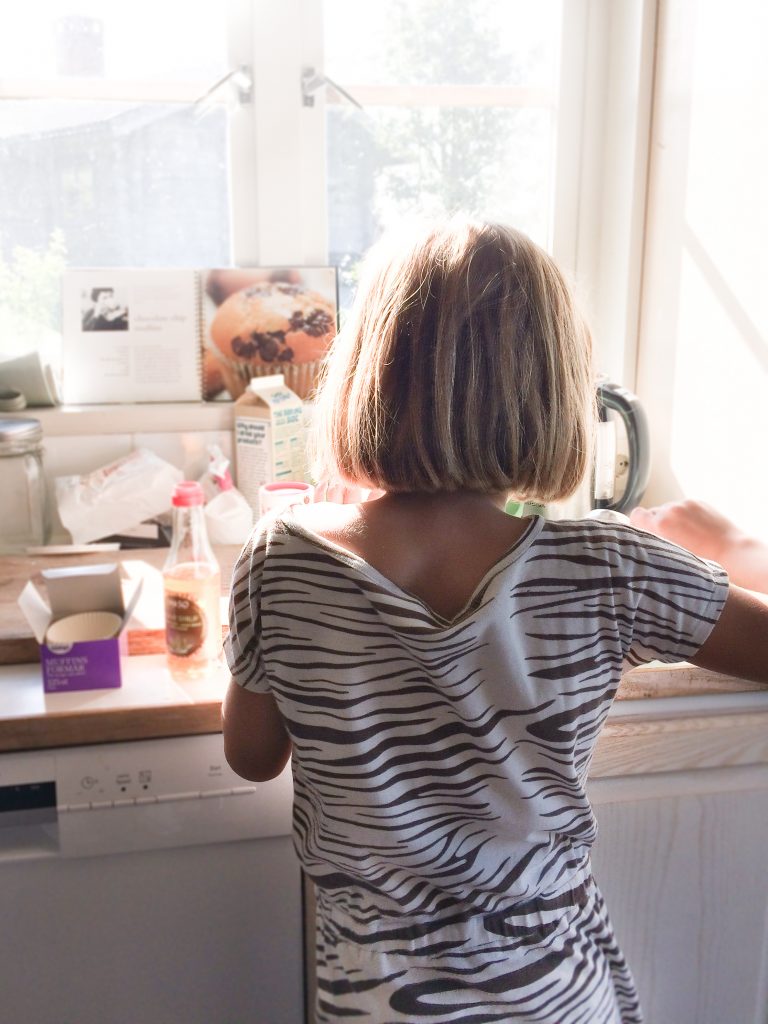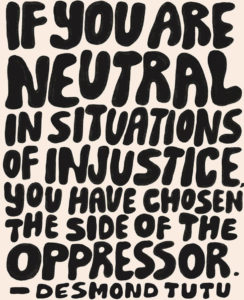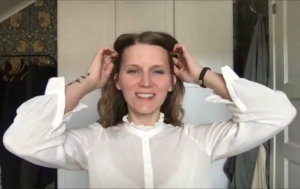
Most creatives I know – including myself – are empaths. We’re highly sensitive people who feel the pain of the world acutely, and as a result we often feel like we don’t do enough to help relieve that pain. There’s always more suffering. There’s no end to the things that need our attention and our action, and even as we do all we can we still feel like we don’t do enough. We still feel like sell outs.
What is driving this constant pressure to do more, speak out more, include yet another cause into our work? Yes, our hearts are aching to help those in need, to right what is wrong, to save this beloved planet from destruction. But there’s something else in there. An ideal we’re holding ourselves up against.
The uncompromising activist, who sacrifices everything for the cause. Dig far enough and you’ll find Jesus, the man who gave his life for what he believed in. We love to admire his version of devotion, so much so that we fail to see all the other, less dramatic ways we can give ourselves to the service of love and goodness. We love to admire the single-minded passion of a person who gives it all – the hero, untethered by the earthly constraints of a normal human life. We love the exceptional. (It makes for such a good story.) And some of these people accomplish extraordinary things, no doubt, but I’m still left wondering.
Is it reasonable to always compare ourselves to the exceptional?
What does it do to our sense of humanity if we don’t include ourselves in our compassion and care?
What would devotion look like if no longer modeled on the (masculine) hero?
Devoting your life to activism can be a true choice, coming from your heart and growing out of your life circumstances and who you are.
But what looks like selfless work can also be recklessness, a negating of the needs of yourself and others.
What looks like heroism can be a full-on ego trip. Believeing and perpetuating the story of one’s own importance and how this work can not be done without me can be just another way we’re trying to fill the black hole of unworthiness inside.
Not to mention the many-headed beast of White Saviorism. How white people are taught to believe that we hold the answers and need to guide everyone else on the path to a better world (which is kind of hilarious when you consider who led us down the path to destruction in the first place).
I think Mother Theresa knew all about this. She said that if you want to save the world, go home and love your family. She said so because first of all, it’s the most difficult thing you can do. In comparison, standing on the barricades is easy, it’s exciting, it satisfies our desire to be seen in our activism.
But going home to tend to the children so that they may grow up loved and nurtured, and in their turn able to love and nurture this world. That’s hard. That’s the death of ego. Your not getting any credit for it, no glory, no admiration.
And second, because everything starts at home. If we are to raise a new generation of environmentally wise people, we need to show them what that looks like in our everyday lives. If we are to raise sons and daughters who will refuse the roles assigned to them by patricarchy, the questioning and dissecting of those roles start at home. If we want to raise children who understand equality, we need to dismantle inequality in ourselves and explore new ways of being – in our daily lives.
I’m not questioning the importance of protesting, rallying and shouting from the barricades. It’s all needed and good. But I’m also no longer going to ascribe that work more importance than the invisible good work carried out in our homes, day in and day out, by mothers who know the true meaning of devotion.
I will no longer be measuring my level of commitment or my contribution against some charismatic lone ranger going off to save the world, leaving someone else to feed the children.
And when those voices inside and outside say I don’t do enough, I’ll ask: compared to whom?
I’ll ask: what does enough look like?
I’ll ask: do my needs and my happiness count at all?
Because love is not a competition. And love is not really love if it doesn’t include you and me too.









